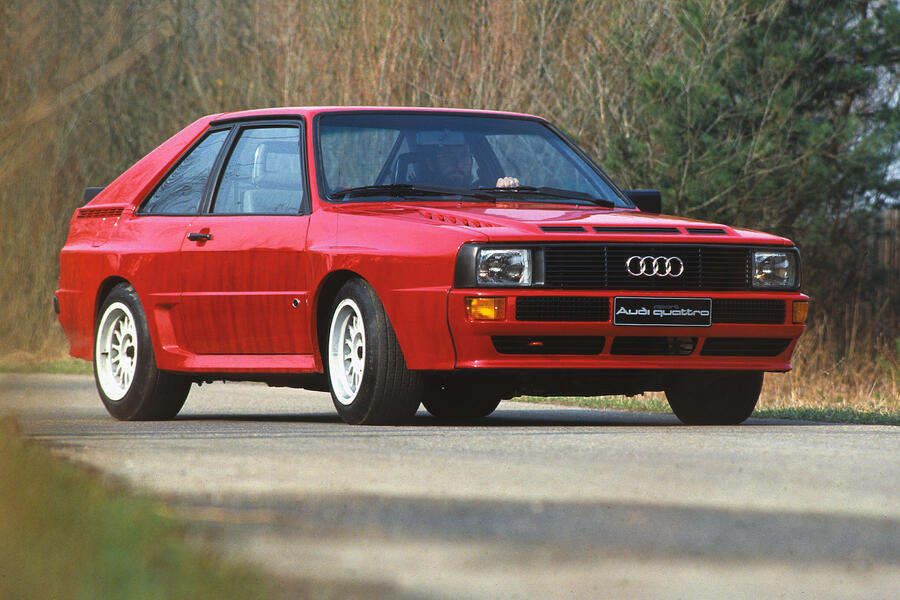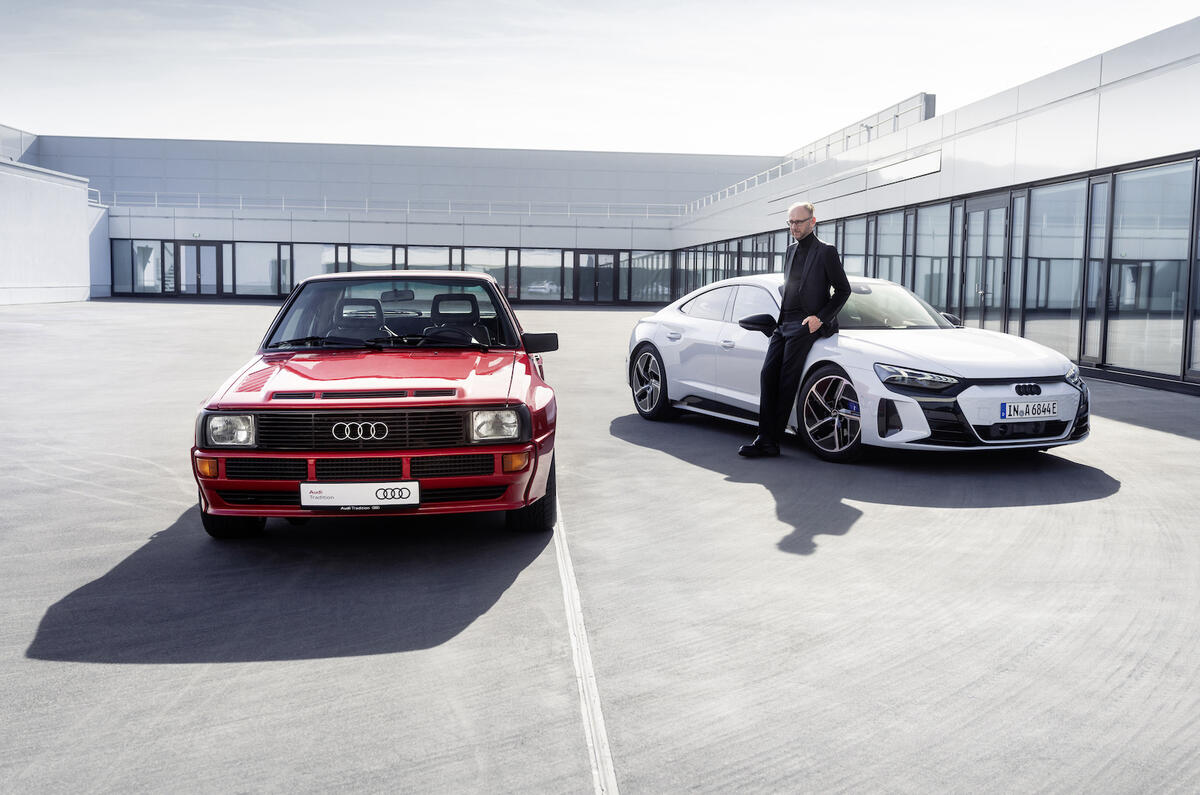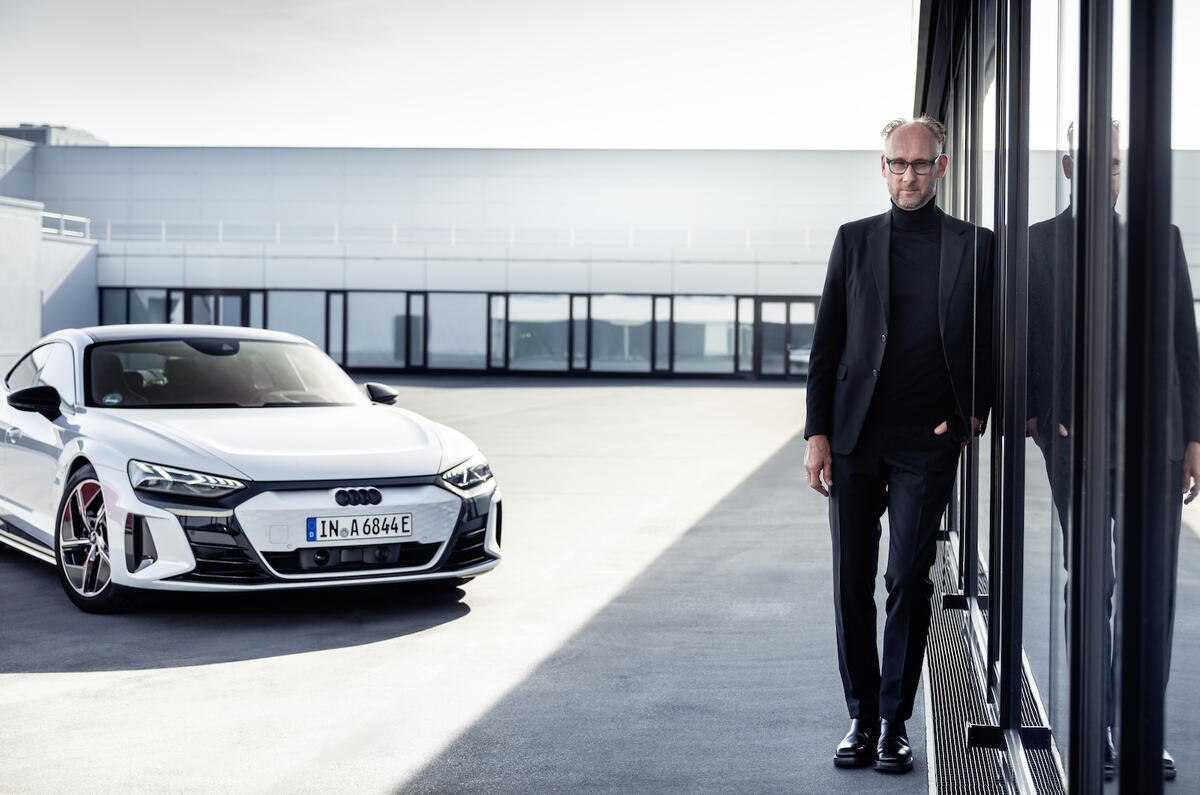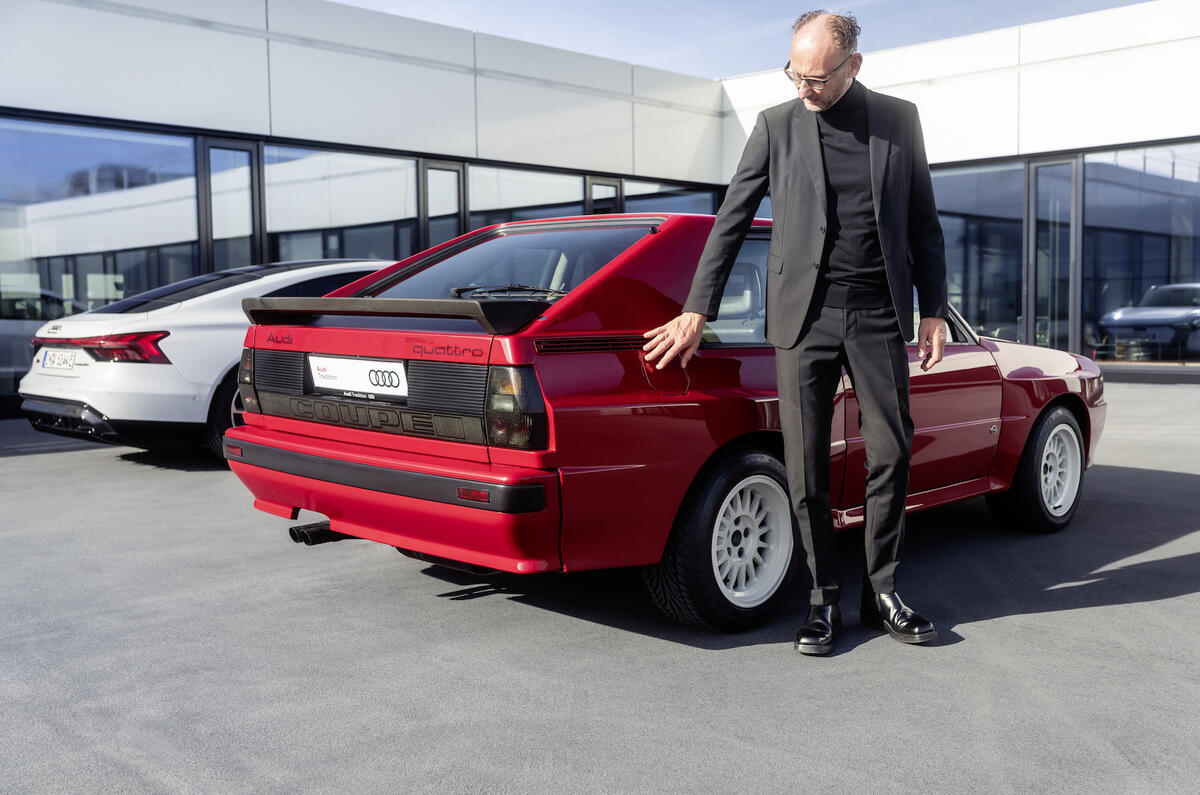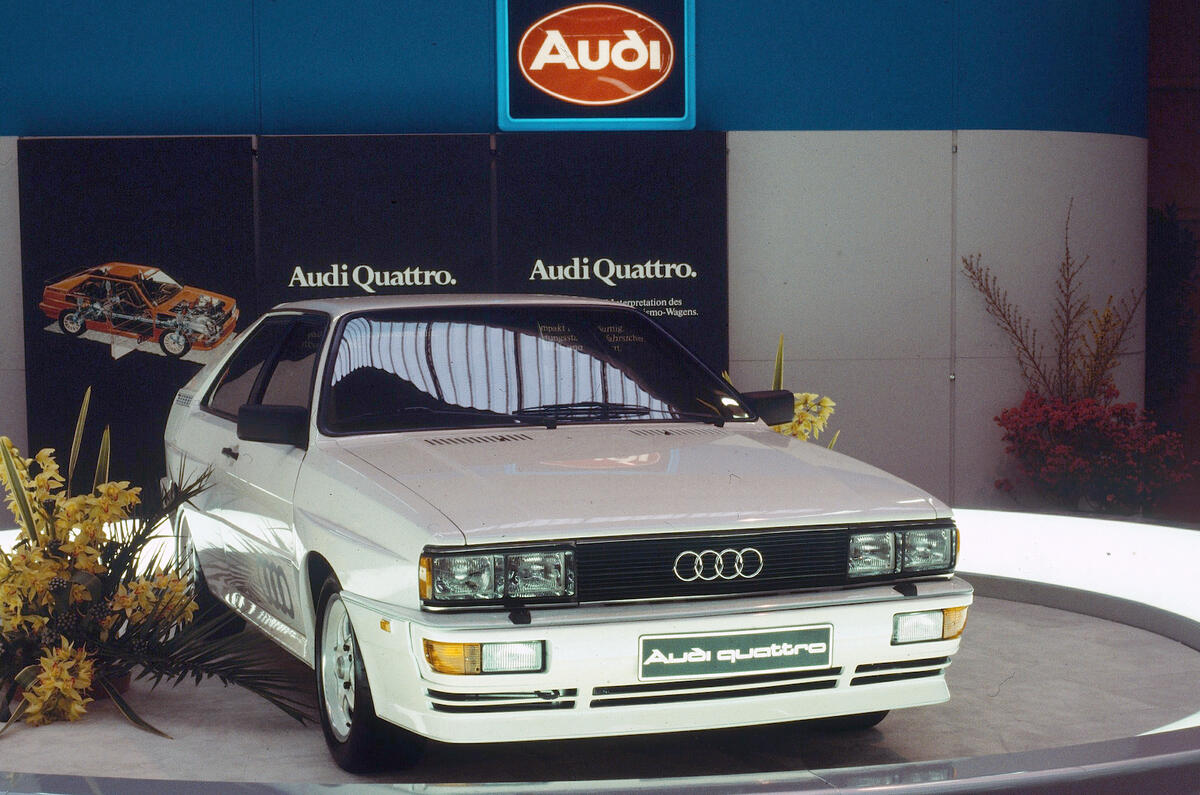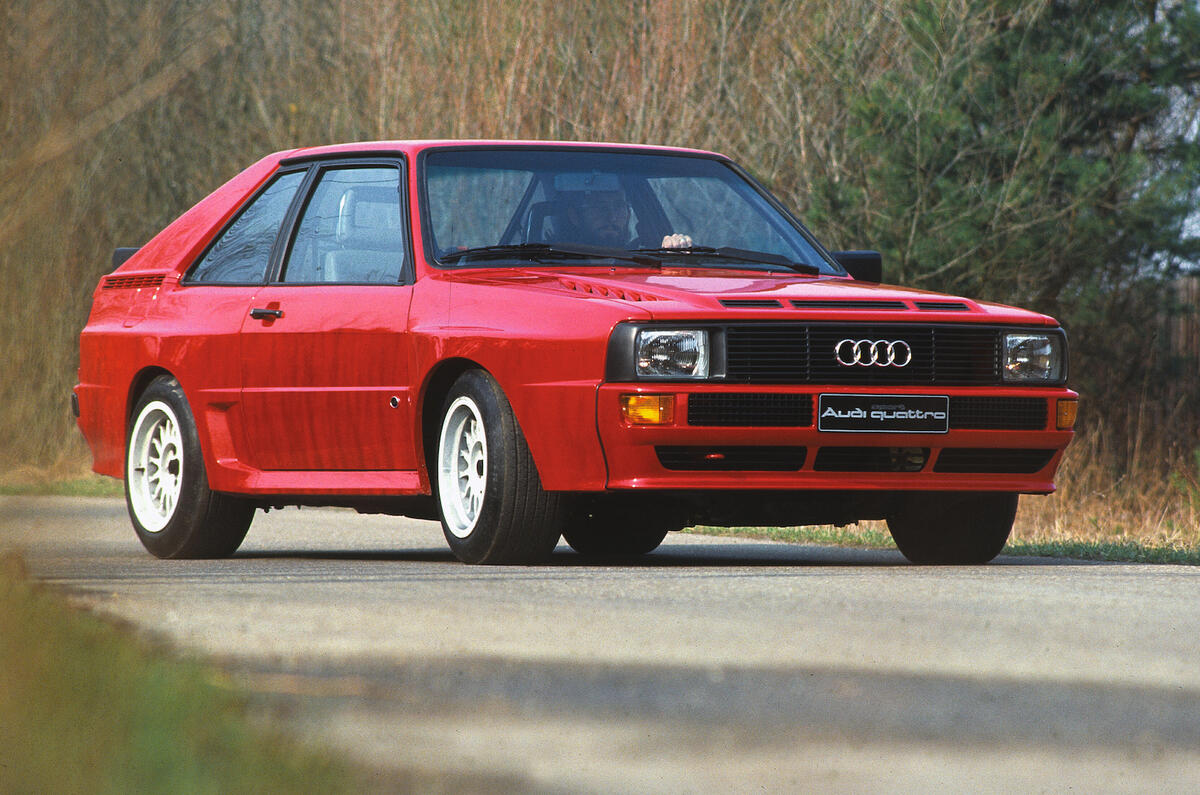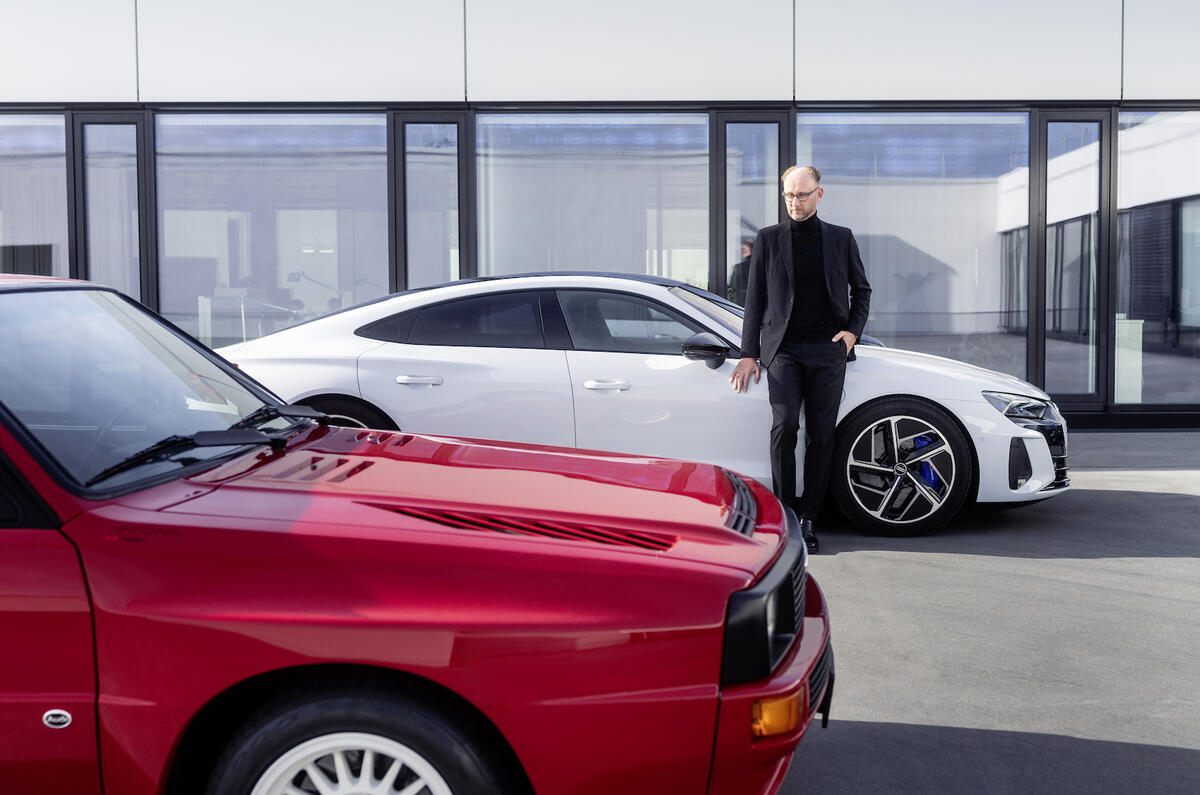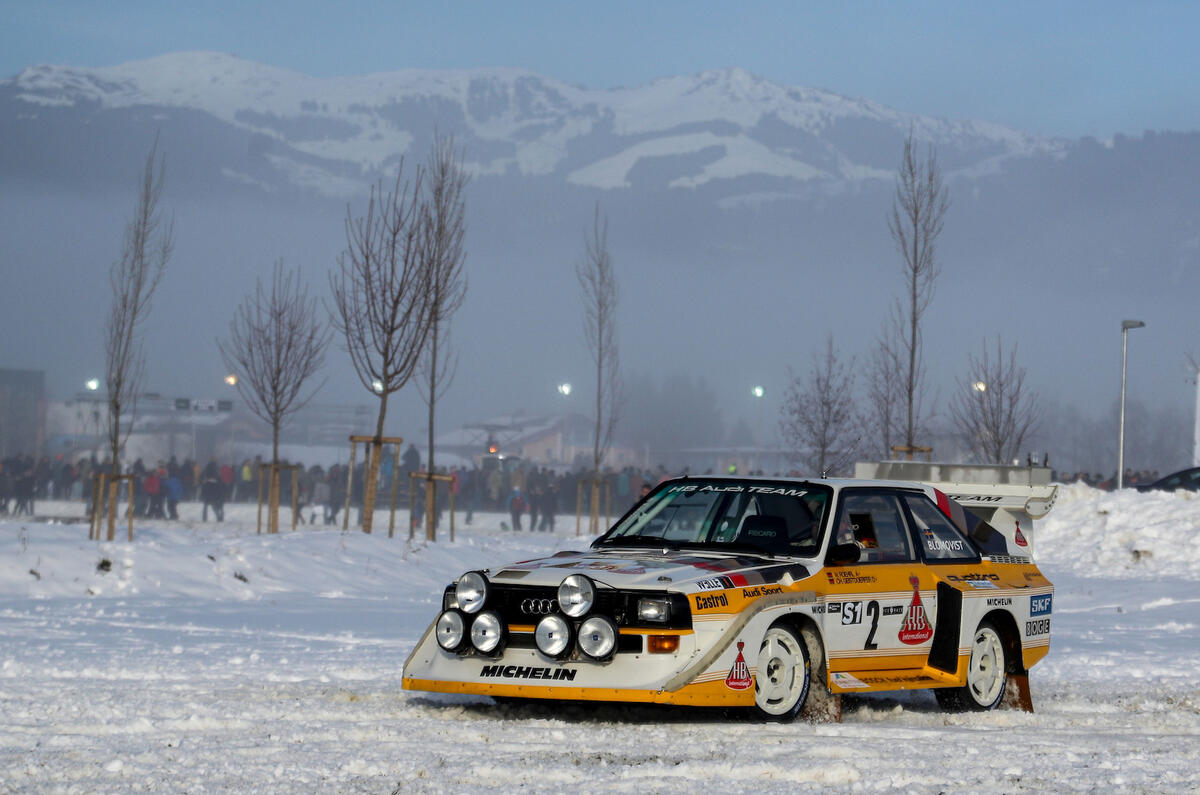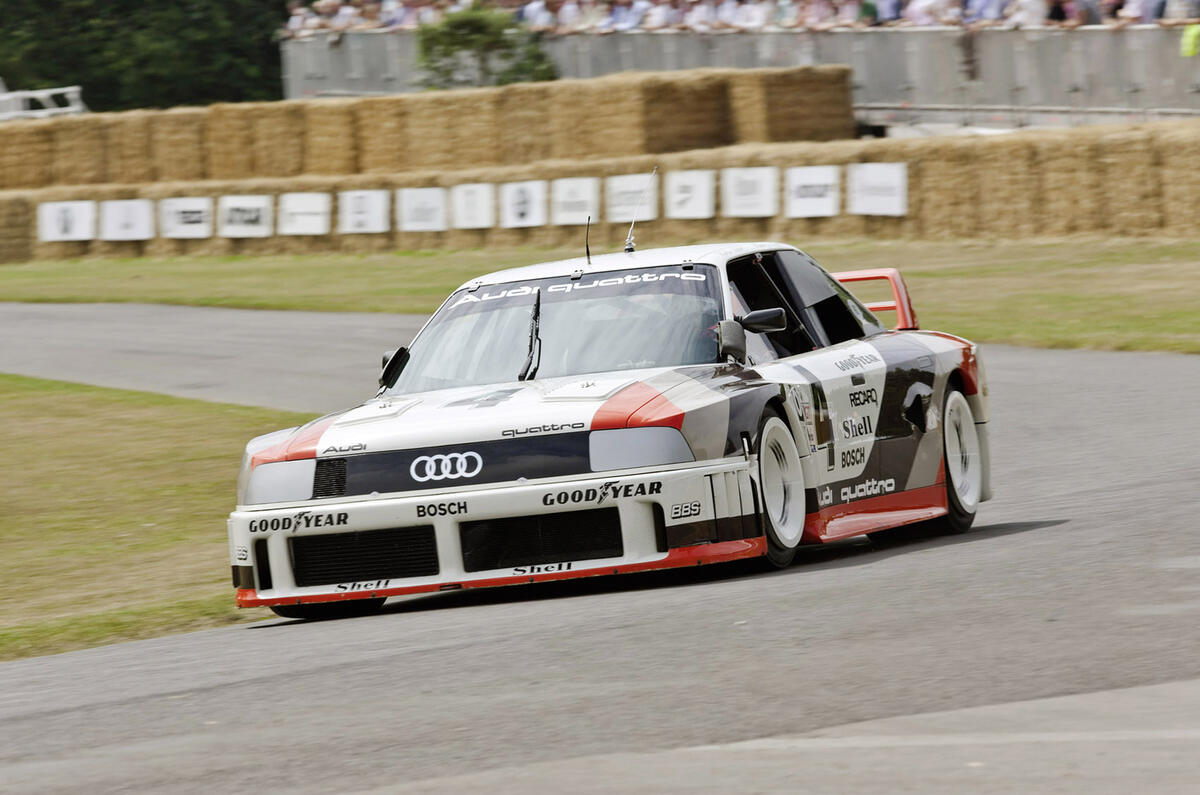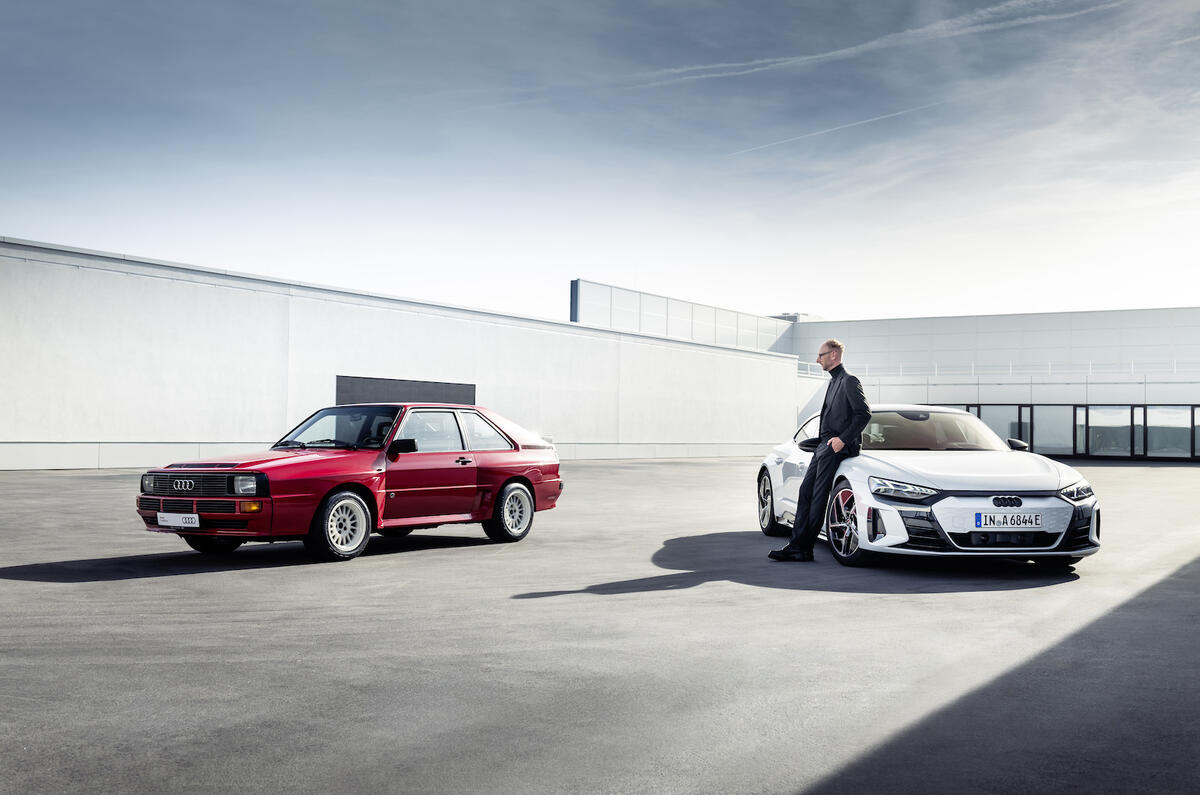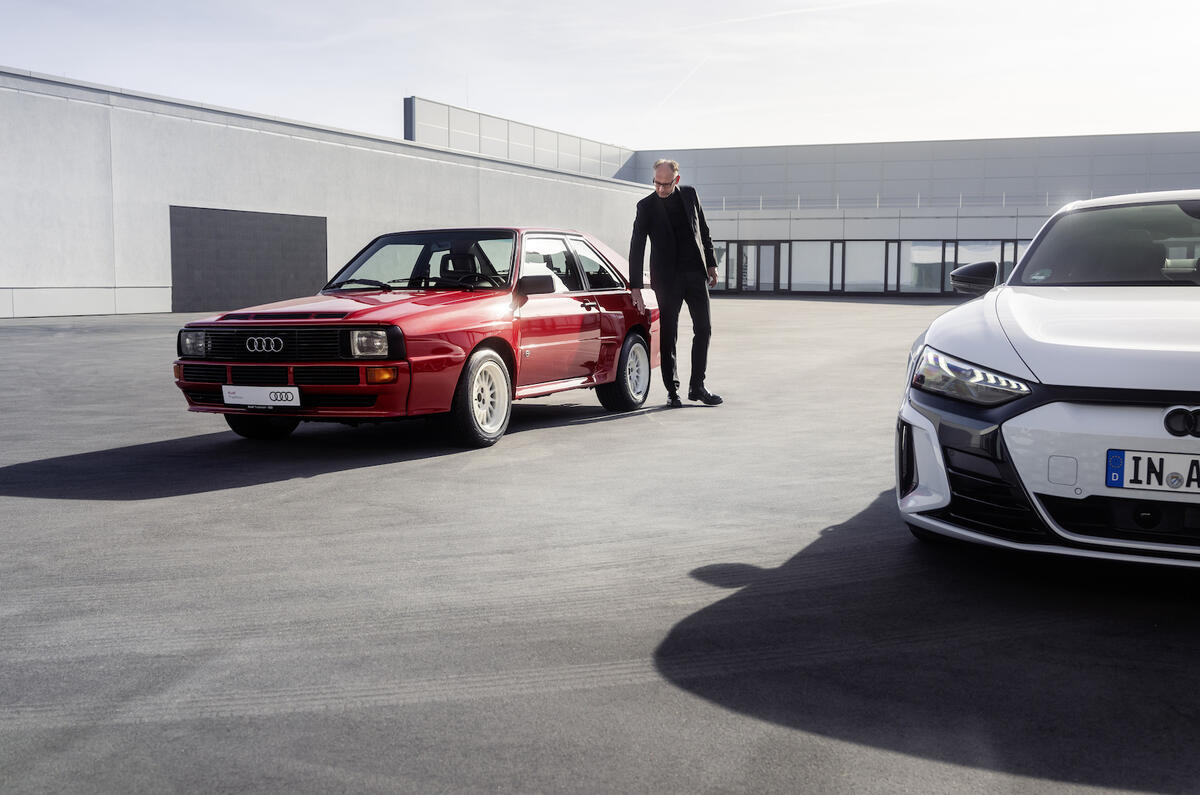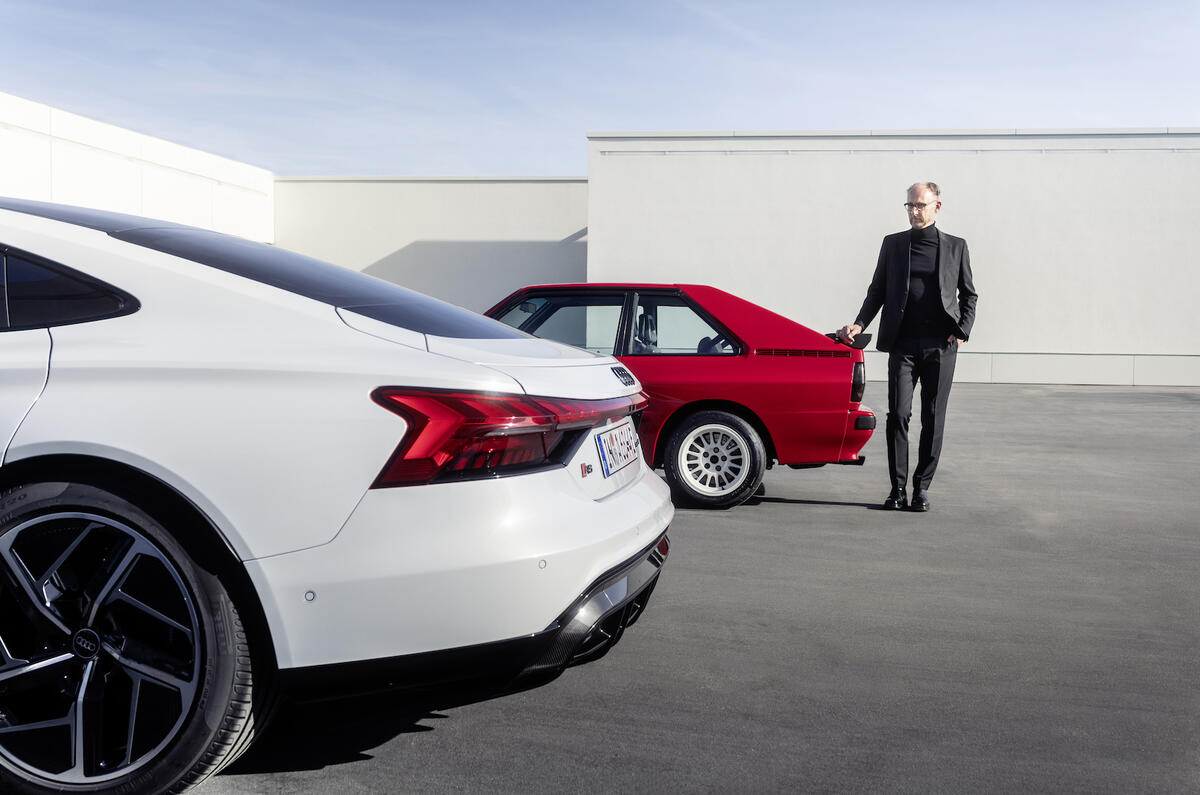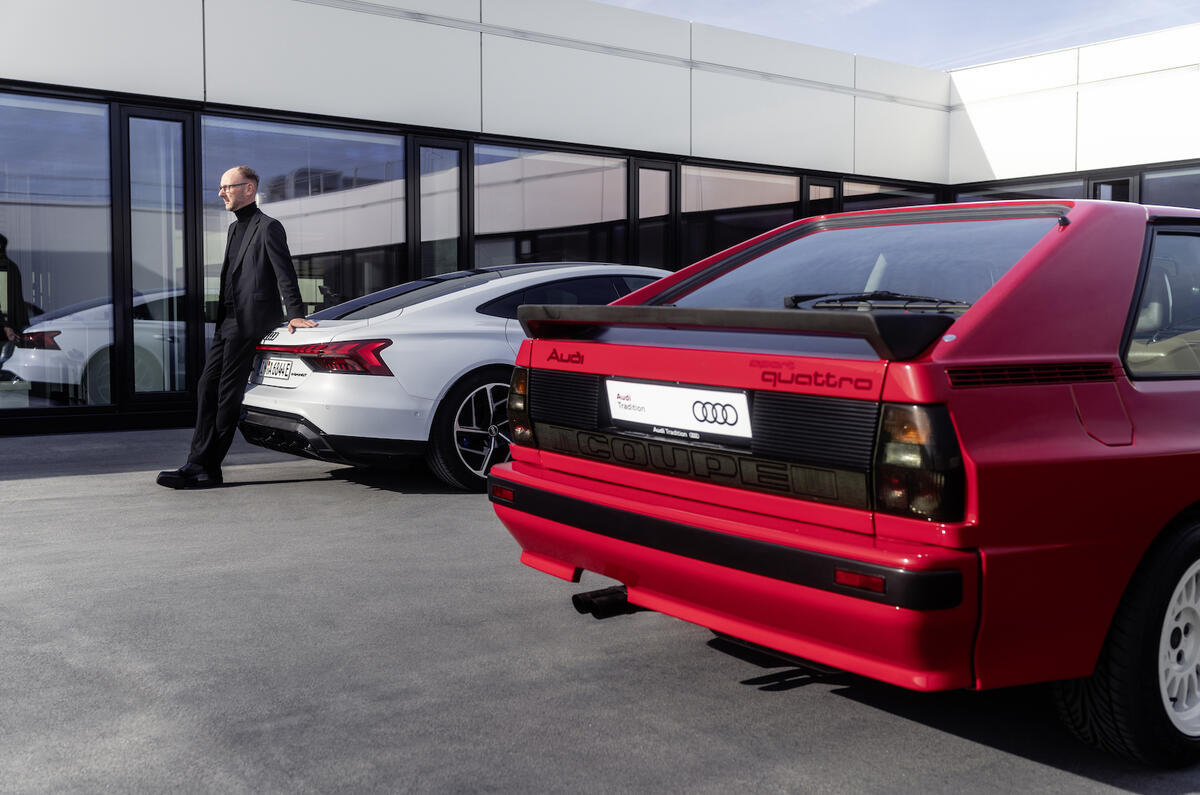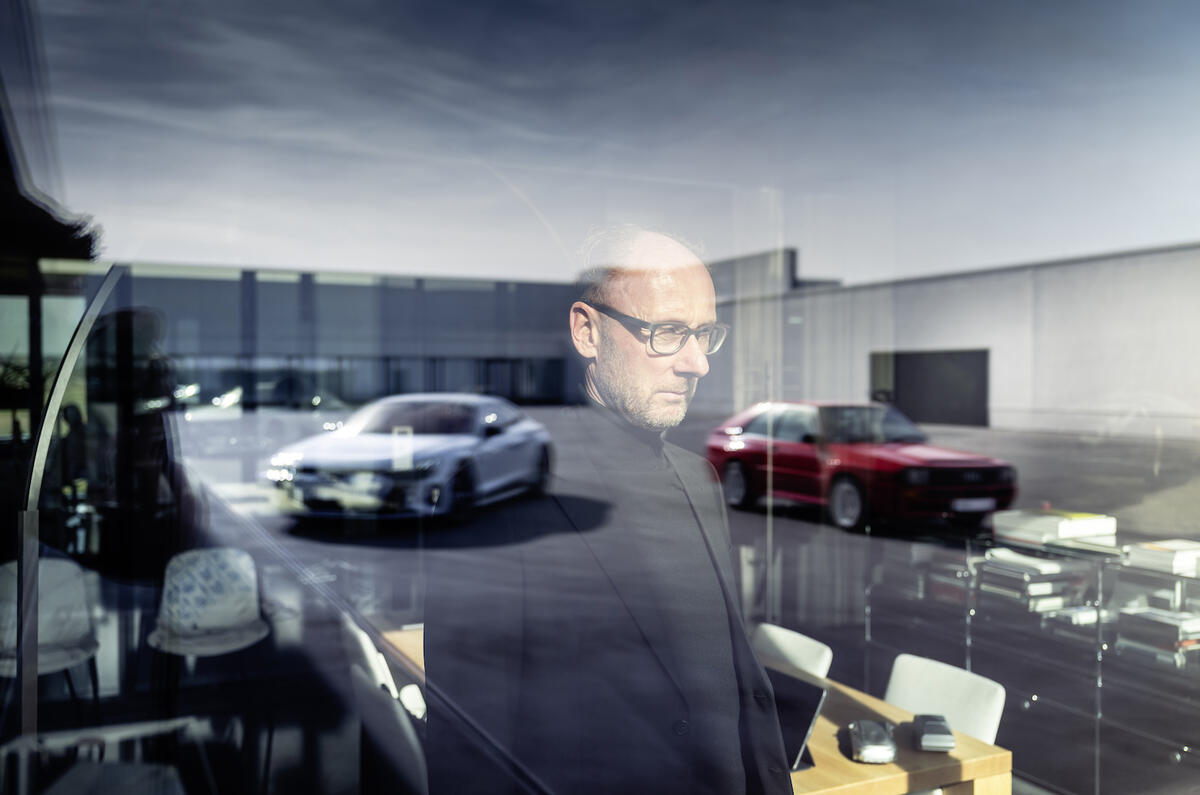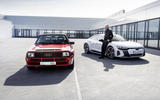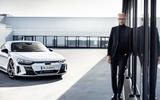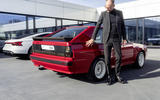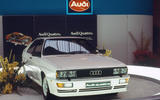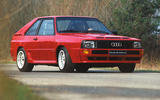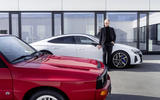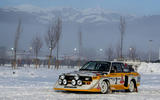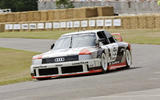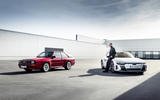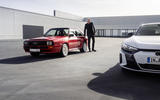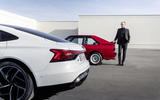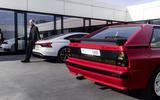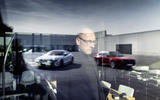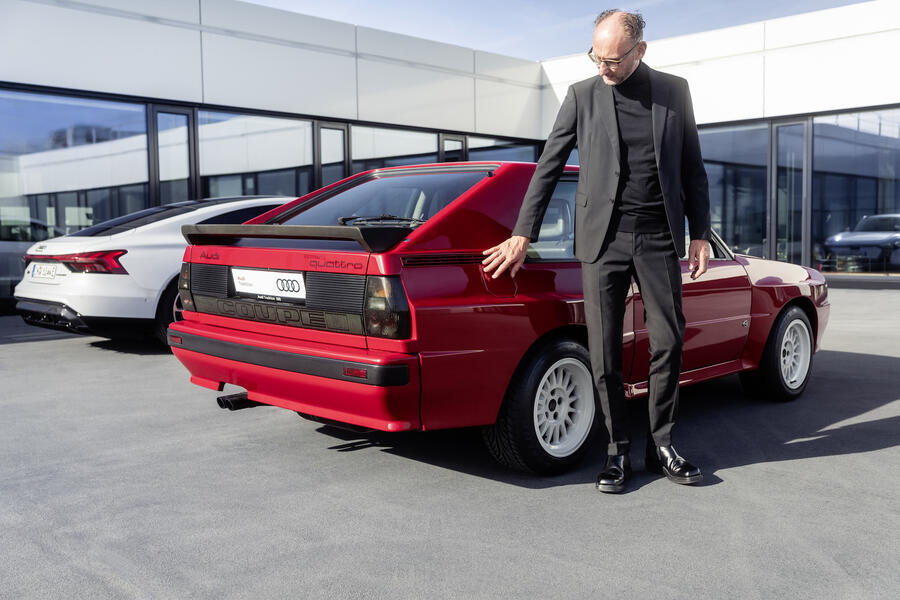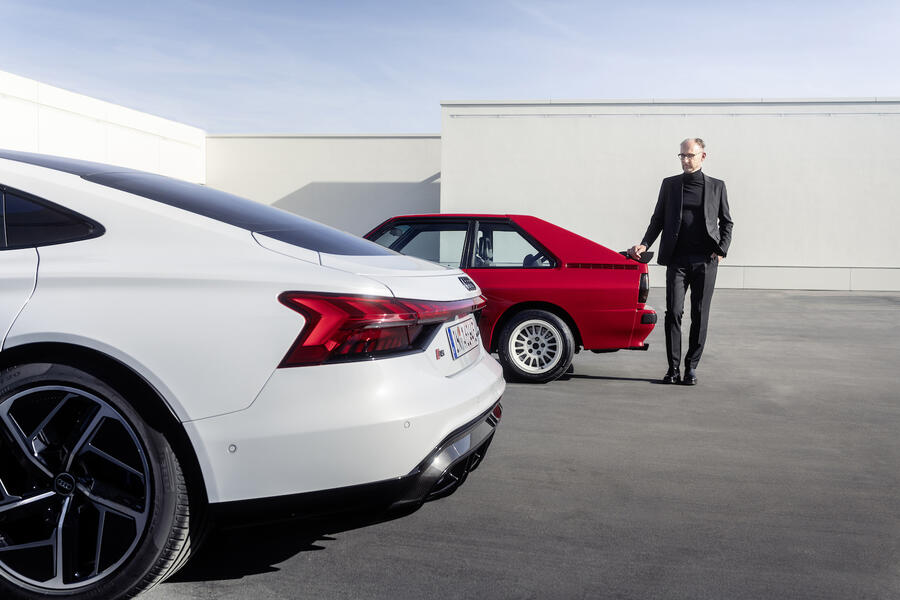How do you define what makes an Audi RS so, well, ‘RS’? What is it that elevates it head-and-shoulders above the rest of its siblings within each model’s line-up?
Is it the RS name and heritage? After all, RS stands for ‘RennSport’ or ‘race sport’, evoking Audi’s long-standing philosophy of using its extensive (and hugely successful) wealth of race experience and track-based development to craft and hone ever-better road cars that set ever-higher benchmarks for excitement?
Is it Audi’s potent RS powertrains, which propel you effortlessly along the motorway or up a winding B-road, while raising the hairs on the back of your neck? Or Audi Sport’s precision-damped RS suspension and quattro all-wheel drive, which delivers supreme driving confidence and elevates the experience on every journey?
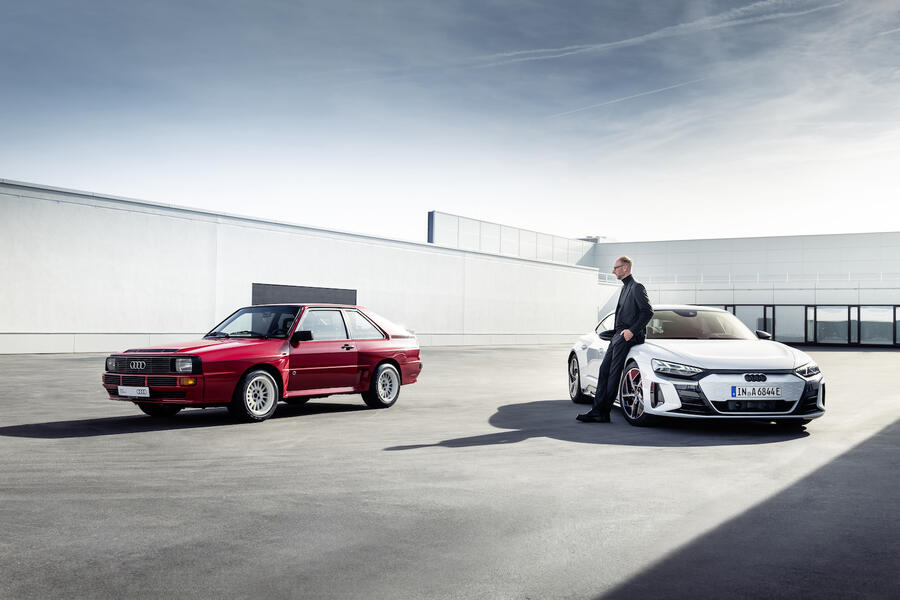
Or is it simply the way an Audi RS looks, even standing still? Let’s park the experience of driving it for a second (although, let’s face it, you’ll be hard-pressed to step out from behind the wheel). Let’s just revel in the detail of that head-turning design. Because it’s oh-so-easy to spot (and oh-so-easy to fall in love with) an Audi RS.
It’s that low-slung stance, the ultra-wide track, and those bold ‘blister’ wheel arches on all four wheels that nod to each and every Audi RS model’s underpinning race - and rally-inspired quattro all-wheel-drive heritage.
Today’s line-up of 16 Audi RS models is the ultimate epitome of that ever-evolving 40-year Audi RS DNA. But what about the next 40 years? Can Audi really retain that iconic ultra-desirable performance-focused character in an all-electric world?
Learn more about the Audi RS e-tron GT
